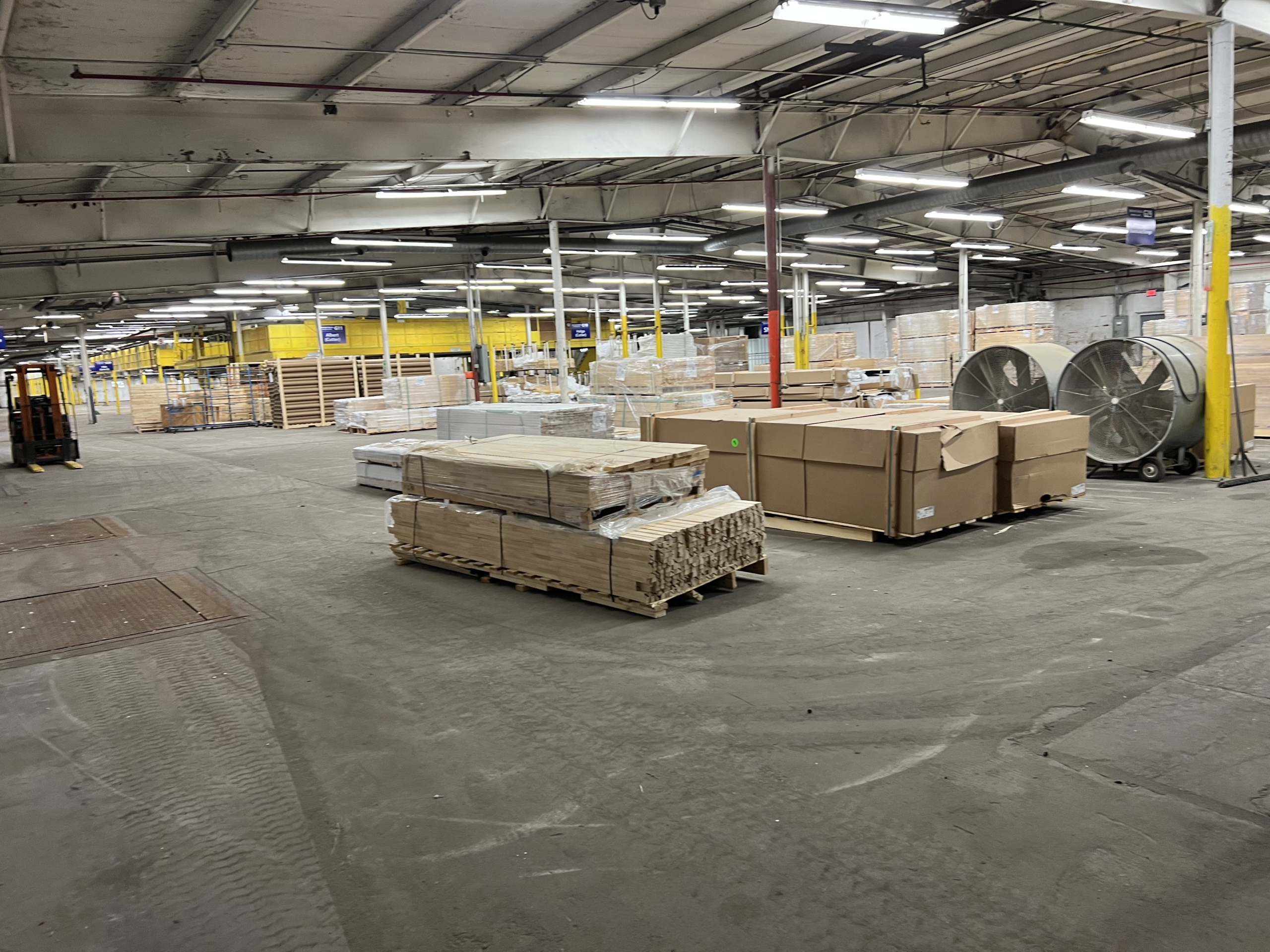Selecting the appropriate industrial shed or warehouse is crucial for the success of any business, whether it’s a startup or an expansion. New businesses often need more money, uncertainty about future growth, and finding a location that meets their needs. Additionally, they must consider factors like accessibility, space requirements, and lease terms. Making the right choice ensures efficient operations, and optimal utilization of resources, and sets a solid foundation for long-term growth and success.
Another common dilemma for businesses is whether to buy or choose Industrial Property for Rent. Opting to rent property offers several advantages, particularly for new or expanding businesses. Renting requires less upfront investment, allowing businesses to conserve capital for other essential expenses. It also provides flexibility in terms of space requirements and location, enabling businesses to adapt to changing needs without the long-term commitment and financial burden associated with construction. This offers a cost-effective and practical solution for businesses looking to establish or grow their operations.
Lower Upfront Costs and Financial Flexibility
Reduced Initial Investment: Renting property typically involves lower upfront costs compared to purchasing. With renting, businesses can avoid hefty down payments, mortgage expenses, and other upfront costs associated with buying property outright.
Preserved Capital for Business Operations: By opting to take a Warehouse For Lease instead of buying, businesses can preserve their capital for essential operational expenses, such as inventory, equipment upgrades, and marketing initiatives. This financial flexibility allows for greater agility and adaptability in responding to changing market conditions and business needs.
Mitigated Financial Risk: It provides businesses with a more predictable and manageable financial commitment compared to purchasing. With fixed monthly lease payments, businesses can better forecast their expenses and avoid potential financial strain associated with fluctuating property values, interest rates, and unexpected maintenance or repair costs.
Simplified Maintenance and Operational Flexibility
Reduced Maintenance Responsibilities: It often entails fewer maintenance responsibilities compared to ownership. Property maintenance and repair tasks, such as HVAC system upkeep, structural repairs, and landscaping, are typically the responsibility of the property owner or landlord, alleviating the burden on tenants.
Enhanced Operational Flexibility: It offers businesses greater flexibility to adapt to changing operational needs and market conditions. Leasing allows for shorter lease terms than owning, enabling businesses to relocate or expand more easily as their space requirements evolve or market opportunities arise.
Access to Prime Locations and Amenities: It provides businesses with access to prime locations and desirable amenities without the commitment of purchasing. By leasing industrial space in strategic locations, businesses can capitalize on proximity to suppliers, customers, transportation hubs, and skilled labor pools, enhancing operational efficiency and competitiveness. In conclusion, choose Industrial Property for Rent over buying, to get lower upfront costs, financial flexibility, simplified maintenance responsibilities, operational flexibility, and access to prime locations and amenities. By choosing to rent rather than buy, businesses can allocate capital more efficiently, mitigate financial risk, streamline operations, and position themselves for long-term success in today’s dynamic business environment.



